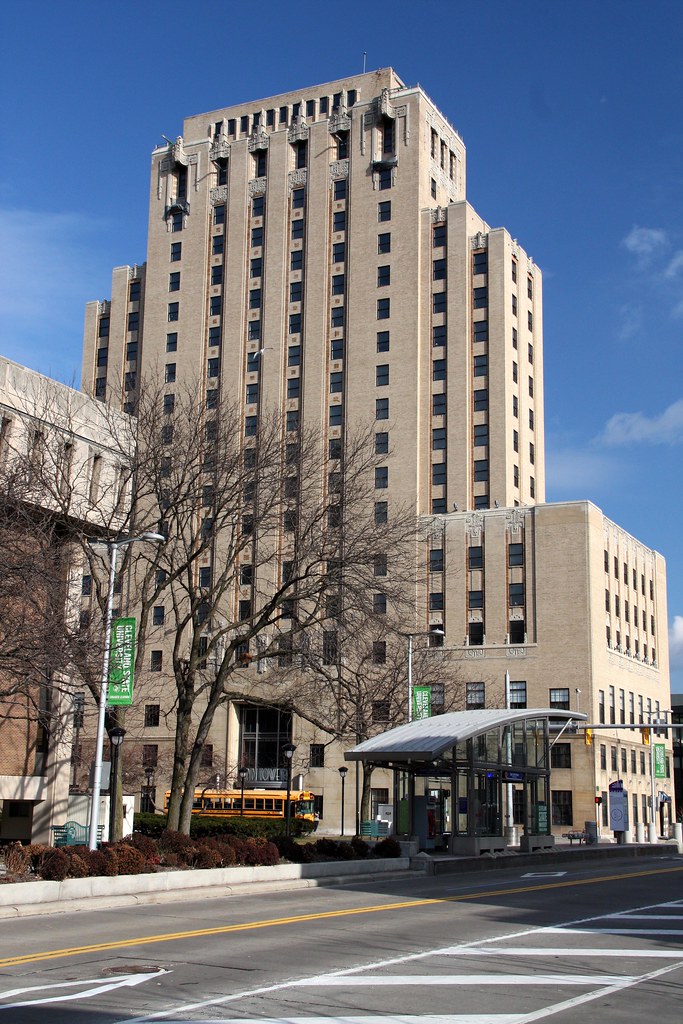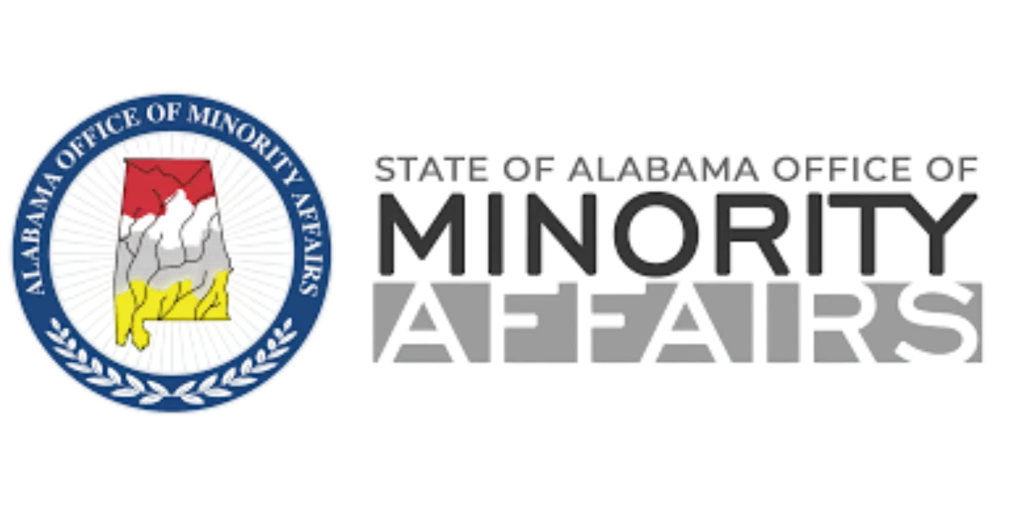Solution:
Rather than impose blanket restrictions, our team worked closely with city officials, community members, and local short-term rental operators to develop a forward-thinking regulatory framework rooted in education, accountability, and economic sustainability. The goal: empower responsible hosting while supporting neighborhood stability, affordable housing, and local job creation.
✅ Education Before Enforcement – A New Permitting Pathway
- Designed a foundational training and certification program for short-term rental hosts to complete prior to obtaining a permit.
- Covered topics such as local ordinances, respectful hosting in residential zones, guest screening best practices, trash removal, noise limits, safety, and community engagement.
- Integrated tools for hosts to understand how to increase revenue legally and ethically, while minimizing neighborhood impact.
✅ Economic Impact Strategy
- Presented data to city leadership showing that Birmingham’s short-term rental economy supports over 12,000 jobs in cleaning, maintenance, lawn care, and property management.
- Demonstrated an estimated $50 million in wages generated annually, jobs that largely benefit working-class residents and small business owners within the city.
- Highlighted that creating a structured, professionalized STR industry would not deplete housing stock, nor increase rent disproportionately in residential areas.
✅ Rebuilding Trust With Neighborhoods
- Recommended tools like email alerts to hosts around major school events, checklists for noise and guest limits, and a 10-mile designee radius rule to ensure hosts could respond quickly to issues.
- Created pathways for the community to voice concerns, while also providing hosts with the resources to proactively address them.
- Focused on compliance rather than punishment, helping eliminate bad actors through training and ongoing accountability.
✅ Bridging the Hospitality Gap
- Developed a model to fill the gap left by traditional hotels refusing to invest in the city.
- Short-term rentals provide a decentralized lodging option that supports local tourism, events, and family visits, without displacing long-term residents when governed properly.
Outcome:
✔ A new educational-based regulation model that preserves neighborhood character while supporting entrepreneurship
✔ Pathways to legal compliance and certification for hundreds of Birmingham STR operators
✔ Protection of Birmingham’s housing market from speculative pressure and price spikes
✔ Preservation of over $50 million in local wages, supporting 12,000+ jobs in Birmingham’s service economy
✔ A cooperative model that other cities are now looking to emulate
Why Work With Us?
✔ Ground-level experience collaborating with both local government and business communities
✔ Ability to develop balanced, data-driven policies that meet legal, economic, and social goals
✔ Deep understanding of the short-term rental ecosystem and regulatory environments
✔ Proven success in turning civic friction into community-forward solutions
Let’s Build the Future Together
If your city is facing pressure around short-term rental regulation, we can help create a framework that works—for residents, hosts, business owners, and local government alike.
BOOK AN APPOINTMENT TODAY to learn how education and economic strategy can transform your short-term rental policy.





